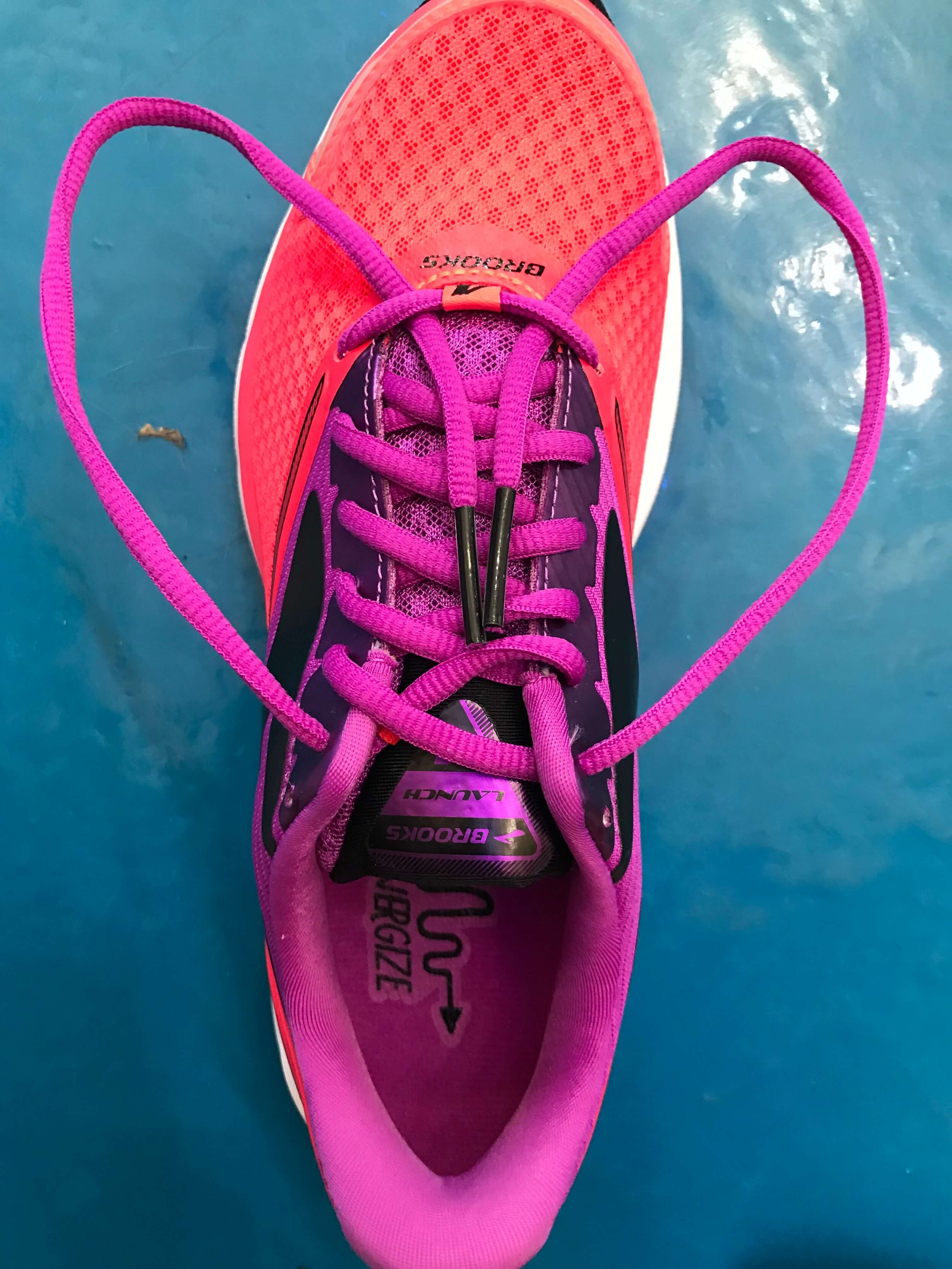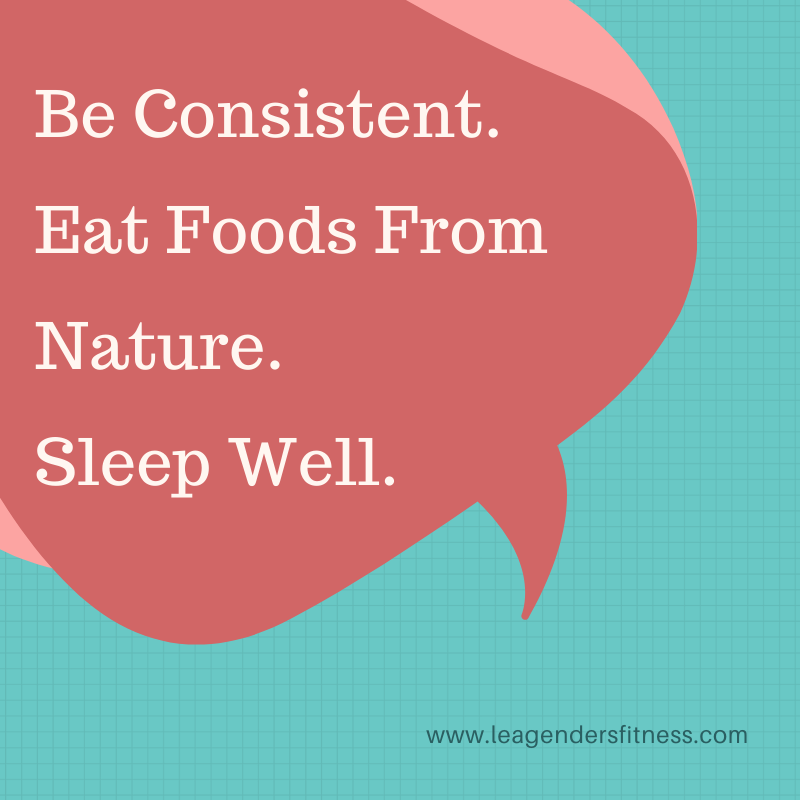One of the most challenging parts of living a healthy lifestyle is sorting through all the information and misinformation out there. Some say the "magic formula" for successful weight loss is to exercise regularly and eat healthy foods in a calorie-deficit. But what exactly does "eat healthy foods" mean? It can be confusing with all the mixed messages and misleading food marketing labels.
The most important thing to understand is that food marketing labels are sometimes intentionally deceiving. Many foods are marketed as healthful choices when in reality they are quite the opposite.
This isn't intended to be a post about what you should or should not eat. Each person needs to make those choices for themselves, possibly under the direction of their doctor or registered dietitian (RD). This is a post about being aware of what you are eating, so that you can make the best decisions for yourself, your health and your family, based on reality, and not on misleading food packaging marketing.
5 KINDS OF JUNK FOODS DISGUISED AT HEALTH FOODS
1. YOGURT
Yogurt is one of the worst offenders of misleading marketing, often advertised as a diet food. Most flavored yogurts are very high in sugar and often have artificial sweeteners and/or high-fructose corn syrup. They can have as much sugar as a cup of ice cream, but people eat them and think they are making a good choice for their body.
Try buying plain Greek yogurt, which is higher is protein and lower in sugar than traditional yogurt and then add fresh fruit or berries for flavor. If it is not as sweet as the yogurt you are used to, it is because it has a lot less sugar.
2. PROTEIN BARS
Protein bars are often advertised in health and fitness magazines by models with six-pack abs. Everyone knows protein is important for building and maintaining muscle, right? Right. But A lot of these packaged protein bars are nothing more than glorified candy bars with added protein. Check the ingredient list, sugar content and calorie content. They are often high in calories, sugar and are highly processed. I think they are OK in moderation but generally should not be consumed as a health food. I enjoy some protein bars, but consider them an occasional treat, not a healthy staple.
Try to get most of your protein from whole food sources like lean meats, beans, nuts and leafy greens.
3. FROZEN DIET DINNERS
Frozen diet dinners are often too high in sodium and processed ingredients and too low in nutrients to be considered a healthy food, but with labels like "Healthy Choice" and "Weight Watchers" we can be misled into thinking that they are a good choice for our body.
Try meal prepping for the week with these mason jar salads for a quick, fresh lunch on the go.
4. FAT FREE FOODS
Let me let you in on a little secret. If the food label boasts claims of Fat Free or Low Fat, it is often a red-flag that the food is not healthy at all. You see they take out the fat, but then add more sugar and processed ingredients so it still tastes good. Read the nutritional and ingredient label to be sure what you're eating.
Our bodies need healthy fats. Reducing intake of healthy fats does not necessarily equate to reduced body fat. You need a healthy balance of protein, carbs and fat in your diet.
5. ORGANIC, GLUTEN-FREE OR LOW-CARB PACKAGED FOODS
Watch out for buzz words on packaged foods like organic, gluten-free, and low-carb. While natural foods that are organic, gluten-free and low-carb are obviously just fine, processed foods with these labels are not any healthier than their counterparts. Organic junk foods are not any better for you than regular junk food. A gluten-free cupcake is still a processed low-nutrient food. Low-carb cookies are still cookies. When it comes to packaged foods, these types are labels are generally marketing labels designed to mislead you. (Obviously if you have celiac disease or a gluten intolerance a gluten-free label is helpful, but for the rest of the population it doesn't mean much in terms of the the health status of a food.)
Honorable mentions of junk foods disguised as health foods are dried fruits, trail mix, processed meats, veggie chips, sports drinks and cereal. Most of these have either too much added sugar or sodium to be considered healthy. Always look for the most natural alternative.
I encourage you to ignore package marketing all together, read the nutrition label, take note of the calories per serving and number of servings in the package. Pay attention to the sugar content per serving and most importantly, the ingredient list.
If you want to eat junk food then it's always OK to enjoy an occasional treat. It is actually healthy for us to have a balanced approached to nutrition (no one can eat 100% perfectly all the time). The idea is to learn to decipher between health foods and junk food, so that you don't eat junk food that you think is healthy. Eat healthful foods from nature most of the time and when you want to enjoy an indulgent treat, do it with your eyes open.
For any serious nutritional concerns please see a registered dietitian. Have questions? Leave them in the comments or be a part of my new series "Ask the Trainer" and have your questions answered in a future blog post.
Like this post? It helps me when you share.
I am a NASM personal trainer and RRCA adult distance running coach that specializes in strength training for runners. I offer in-person training in the Shredshed, online training and Fit to Run bootcamps. If you are interested in a more in-depth running or strength training plan, please contact me. Have questions? I'd love to help.
While I am a certified personal trainer, I am not your personal trainer. Since I don't know your exercise abilities, injury background or medical history, please see your doctor before beginning any new exercise program. This is an opinion blog. No information in this blog is intended to be taken as medical advice or prescription. Please see your doctor and/or registered dietitian for any health concerns.












Are you someone who feels the tension between what you should do and what you want to do and hopes to make better choices and decisions to enhance your long-term health? I will cover some tangible ways to revise your thinking, environment, situation, and habits for the best chances of success. People with greater self-control are more likely to achieve their goals